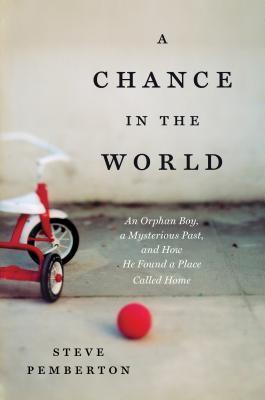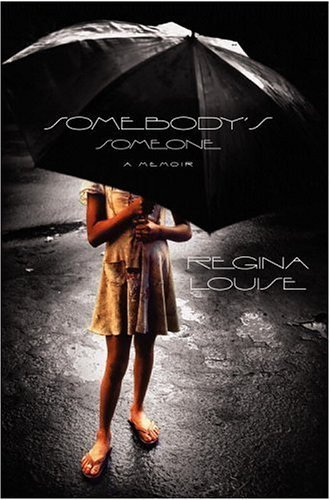
Hope's Boy: A Memoir
Book Description
Abandoned and lost, a boy named Andrew clings to hope amid the chaos of a fractured childhood. As turmoil brews in foster homes and shadows conceal the truth of his past, he embarks on a desperate quest for belonging and identity. The gritty streets and broken promises intertwine with moments of unexpected warmth, forging an unbreakable spirit. Every page pulses with raw emotion, capturing the haunting struggle for survival and the relentless pursuit of love. In a world where the bonds of family can be both a shelter and a cage, what price will one boy pay to find his way home?
Quick Book Summary
"Hope's Boy: A Memoir" by Andrew Bridge is a poignant and harrowing autobiography chronicling a childhood marked by instability, abandonment, and the perils of the foster care system. Detailing Bridge's early years with his mentally ill mother, followed by his immersion into the foster system after their forced separation, the book explores themes of love, loss, and survival. Despite systemic neglect and cruelty in group homes, Andrew's resilience and yearning for connection drive him to endure, always hoping for reconciliation with his mother. Through perseverance, intellect, and unwavering hope, Bridge finds his way to a sense of worth and a brighter future, spotlighting not only his personal journey but the broader failures of the institutions meant to protect vulnerable children.
Summary of Key Ideas
Table of Contents
The quest for belonging and identity
Andrew Bridge's memoir opens with a raw account of his relationship with his mother, Hope, whose mental illness and poverty create an unstable environment for young Andrew. The unbreakable bond between mother and son serves as both a comfort and a source of pain, especially as Andrew clings to fleeting moments of warmth and care in an otherwise chaotic home. When social services intervene, the forced separation is devastating, marking the beginning of Andrew's fraught journey through the foster care system.
Resilience in the face of trauma
Transitioning into state care, Andrew is thrust into a world fraught with neglect, cruelty, and emotional deprivation. The foster home he enters is characterized by rigid discipline and coldness, and, like many children in similar circumstances, Andrew faces chronic uncertainty. Institutional indifference compounds his feelings of abandonment and his longing for belonging. His mother's periodic, troubled presence in his life only deepens his confusion and yearning for familial connection.
Failures and shortcomings of the foster care system
Despite the emotional and psychological toll of foster care, Andrew's resilience emerges as a defining characteristic. He finds solace in academic achievement and the rare kindnesses of a few adults, harnessing these moments of hope to propel himself forward. Bridge's tenacity, rooted in his relentless desire to be reunited with his mother and to escape his grim circumstances, fuels his journey toward self-actualization amid adversity.
Mother-son bond and the pain of separation
The narrative exposes the deep flaws and inadequacies of the foster care system, highlighting both systemic failures and the personal cost to children like Andrew. Through vivid recollections, Bridge underscores how bureaucracy, callousness, and lack of oversight often exacerbate the trauma experienced by vulnerable youth. In this environment, mere survival becomes a daily challenge, and positive transformation is an act of defiance.
Endurance and hope as catalysts for transformation
Ultimately, the memoir is a testament to hope's sustaining power even in life's darkest moments. As Andrew matures, his struggle shifts from mere endurance to self-definition, seeking meaning beyond his pain. The lingering quest for reconciliation with his mother and his determination to succeed academically culminate in a powerful narrative of redemption and self-empowerment. The memoir closes with Bridge not only finding his footing but transforming his personal suffering into advocacy, shining a light on the often-unheard voices of foster children.
Download This Summary
Get a free PDF of this summary instantly — no email required.





